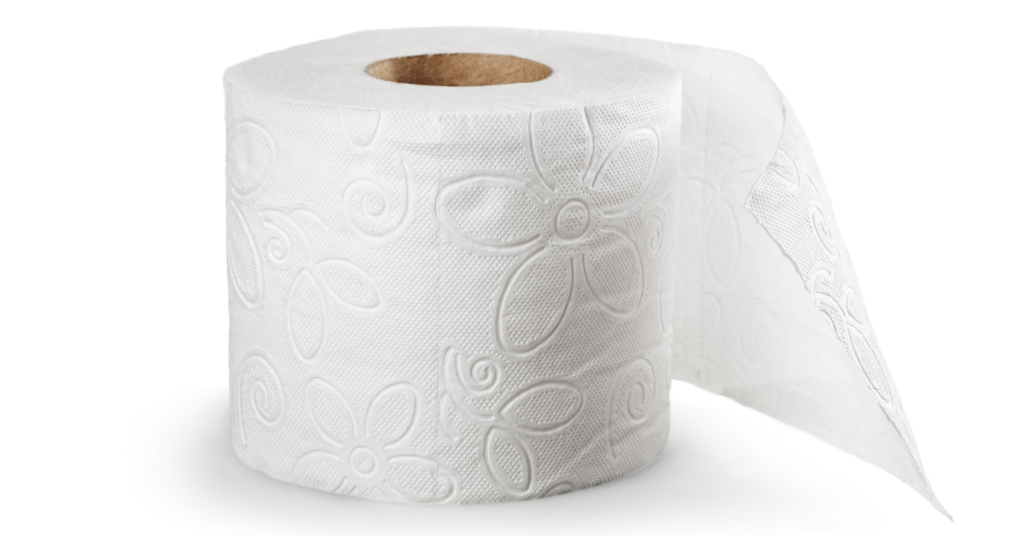What is constipation?
Constipation is a condition whereby bowel evacuations occur infrequently. If your faeces are dry and hard and bowel movements occur infrequently the chances are you are constipated.
Signs and Symptoms
Dry hard faeces that are small and dark. If you are straining there may also be blood present. The abdomen often swells, giving a feeling of bloatedness. Other symptoms include obesity, bad breath, body odour, headaches, varicose veins, fatigue, gas, piles, indigestion, coated tongue, and appendicitis.
Causes
Diet plays a big part in constipation. Certain drugs, especially painkillers, can contribute, as can lack of exercise, bowel disease, old age, muscle disorder, or structural abnormalities. Those who are suffering with depression and those who are pregnant often have problems with constipation, as too do those with kidney failure or diabetes. If you have a sudden onset of constipation you should check it out with a medically qualified practitioner as it could well be a sign of more serious problems. Irritable Bowel Syndrome (IBS) is often associated with constipation, but you should never just treat for the constipation on its own, rather address the condition as a whole.
Complementary Approach
Eat: Certain foods act like sponges; these ‘insoluble’ fibres absorb water allowing matter to move through the intestines with greater ease. Therefore, eat brown rice, whole grains, fruit, and vegetables.
Chlorophyll found in fresh fruit and green leafy vegetables help detoxify the body and cleanse the breath, even though evidence supporting this is preliminary (1). Other foods that are great for detoxifying the blood include garlic, okra, sweet potatoes, Brussel sprouts, cabbage, carrots, beans, and asparagus. Wheat bran is effective in reducing constipation although not all studies have shown it to be useful (2).
Apples, carrots, citrus fruits, dried peas, and bananas are all high in pectin and are a good source of fibre. Prunes and figs are natural laxatives, and so you should also include these in your diet.
Don’t Eat: Mucous causing foods such as dairy products, spicy foods, or fats can aggravate the condition along with any foods that have been fried and follow a low-fat diet. Avoid soft drinks, alcohol, sugar, white flour, salt, coffee, or any highly processed foods. Cut down on your intake of food and avoid ‘heavy’ meals.
The following information does not constitute a prescription or recommended dose – studies have been conducted using the dosages stated and are included for your information only. The nutrients mentioned here are often recommended by healthcare practitioners.
Garlic destroys harmful bacteria in the stomach. Take 2 capsules, twice daily with meals.
Vitamin C has a cleansing effect and healing effect and should be taken at a dose of 5,000-20,000 mg daily in divided doses.
Apple pectin is a great source of fibre. Take 500 mg daily, but be sure to take it separately from other supplements.
Herbal Laxatives
Laxatives are either stimulating or bulk-forming. Some stimulate the bowel muscle forcing it to contract, the stimulant being the chemical anthraquinone glycoside. The bulk-forming laxatives expand when they come into contact with water, thus increasing the volume in the bowel, which stimulates a reflex action.
The following are bulk-forming laxatives and should be used by people who need to use laxatives long term. Take one of the following herbal remedies.
Psyllium seeds (3) taken at a dose of 7.5 grams 1-2 times a day is generally the recommend amount to be taken. Take the seeds with lots of water or juice. Psyllium also comes in husk form, and the recommended dose for husks is 5 grams taken 1-2 times daily with lots of water or juice.
Herbs
Flax seeds: Take 1 tablespoon 3 times daily with meals and lots of water.
Fenugreek seeds: Take between 5-30 grams with each meal. Do not exceed 100 g of fenugreek seeds a day, as you may experience intestinal upset and nausea.
The following herbs are stimulant laxatives.
Aloe Vera drunk first thing in the morning, and again at night; helps form soft stools and has a great cleansing effect on the digestive tract. Drink 125 ml both morning and night.
Cascara helps increase muscular contraction of the large intestine, resulting in increased bowel movement (4). Take 20-30 mg per day, but start off with 20 mg and only build up to 30 mg if you need to (5). In tincture form you should take 1-5 ml. You must ensure that you drink at least 2 litres (8 glasses) of water a day. Do not use this herb for longer than 8-10 days (6).
Senna (7,8,9) stimulates colon activity and increases fluid secretion by the colon (10). Follow label instructions.
Chlorophyll is really effective at detoxifying the body and freshening the breath. Alfalfa extract contains chlorophyll. Boiling some fennel seeds and drinking the water can make another natural breath-freshener.
Further Information
When you need to clear constipation quickly and to remove toxin build up in the body, drink a large glass of water every 10 minutes for 1 hour. Get into the habit of drinking at least 8 eight-ounce glasses of water a day regardless of whether or not you are thirsty.
In children who have constipation it might be worth investigating as to whether or not there is a cow’s milk intolerance as this can trigger constipation (11).
Exercise can get matter moving along the intestines so aim for 20 minutes exercise 3 times a week (12), although some studies do not think exercise helps (13).
Get into good toilet habits, go the same time every day, try to relax and give yourself adequate time as stress can often cause you to tense up. Never, ever repress the urge to go.
References
1. Young RW, Beregi JS Jr. Use of chlorophyllin in the care of geriatric patients. J Am Geriatr Soc 1980;28:46–47.
2. Müller-Lissner SA. Effect of wheat bran on weight of stool and gastrointestinal transit time: A meta analysis. BMJ 1988;296:615–17.
3. Passmore AP, Wilson-Davies K, et al. Chronic constipation in long stay elderly patients: A comparison of lactulose and senna-fiber combination. BMJ 1993; 307:769–71.
4. Leung AY, Foster S. Encyclopedia of Common Natural Ingredients Used in Food, Drugs, and Cosmetics, 2d ed. New York: John Wiley & Sons, 1996, 128–30.
5. Blumenthal M, Busse WR, Goldberg A, et al, eds. The Complete Commission E Monographs: Therapeutic Guide to Herbal Medicines. Boston, MA: Integrative Medicine Communications, 1998, 104–105.
6. Bradley PR, ed. British Herbal Compendium, vol 1. Bournemouth, Dorset, UK: British Herbal Medicine Association, 1992, 52–54.
7. Passmore AP, Davies KW, Flanagan PG, et al. A comparison of Agiolax and Lactulose in elderly patients with chronic constipation. Pharmacol 1993;47(suppl 1):249–52.
8. Kinnunen O, Winblad I, Koistinen P, Salokannel J. Safety and efficacy of a bulk laxative containing senna versus lactulose in the treatment of chronic constipation in geriatric patients. Pharmacol 1993;47(suppl 1):253–55.
9. Ewe K, Ueberschaer B, Press AG. Influence of senna, fibre, and fibre+senna on colonic transit in loperamide-induced constipation. Pharmacol 1993;47(suppl 1):242–48.
10. Leng-Peschlow E. Dual effect of orally administered sennosides on large intestinal transit and fluid absorption in the rat. J Pharm Pharmacol 1986;38:606–10.
11. Iacono G, Cavataio F, Montalto G, et al. Intolerance of cow’s milk and chronic constipation in children. N Engl J Med 1998;339:1100–104.
12. Oettl GJ. Effect of moderate exercise on bowel habit. Gut 1991;32:941–44.
13. Bingham SA, Cummings JH. Effect of exercise and physical fitness on large intestinal function. Gastroenterology 1989;97:1389–99.


